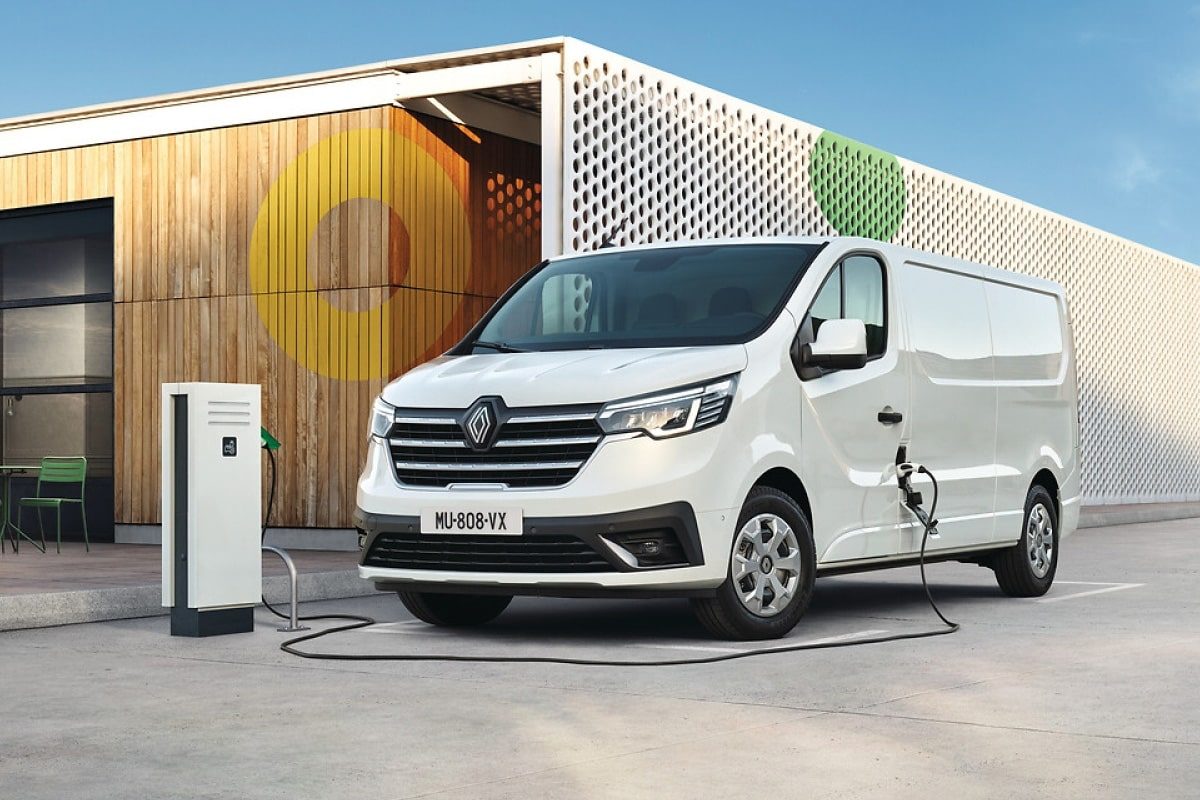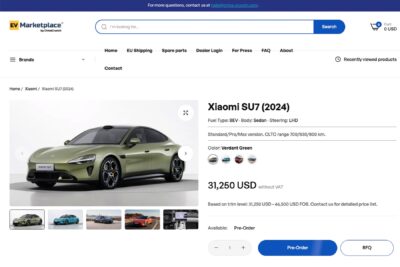UK extends plug-in van and truck grants until 2027
The scheme currently offers discounts of up to £2,500 for small vans, £5,000 for large vans, £16,000 for small trucks, and £25,000 for large trucks. According to the Department for Transport, grant levels for the 2026-2027 financial year will be confirmed at a later date. However, the UK Government does emphasise that switching to electric vehicles could save businesses more than £2,800 annually on fuel costs.
The plug-in grant scheme forms part of a £650 million programme designed to lower purchase prices and support uptake as part of the Plan for Change. According to the government, the extension will provide logistics firms and smaller operators with greater certainty regarding fleet planning. It follows the £30 million announced in July to fund more than 3,000 new depot charge points across the UK. The recently announced Electric Car Grant of up to £3,750 in subsidies for qualifying new electric vehicles is also part of the programme.
“Extending these grants is another decisive step to power Britain’s transition to cleaner transport while backing the industries that keep our economy moving, driving new investment in EVs and helping businesses cut costs and expand,” said Future of Roads Minister Lilian Greenwood. “Every EV on our roads means healthier communities and new economic opportunities across the country, which is why grants like these are crucial to both accelerating that transition and building a resilient, competitive economy.”
The scheme was launched in 2012. According to the Department for Transport, “the Plug-in van grant has helped sell over 80,000 electric and zero-emission vans.” It was extended in October 2022 and again in February 2025. The UK wants to phase out combustion engines by 2030.
Industry representatives welcomed the decision. John Boumphrey, UK Country Manager at Amazon, said: “We welcome the government’s continued commitment to supporting the electrification of commercial fleets. Decarbonising the transportation network is a critical step to enable us to achieve our goal to reach net-zero carbon emissions across our operations by 2040.”
Checkatrade CEO Jambu Palaniappan added: “This news is a big boost for tradespeople across the UK. Lower running costs, freedom from charges like ULEZ, and the ability to plan ahead with confidence – it all adds up to real, practical support. For many Checkatrade members, with help to switch to electric vans, they can keep moving, win more work, and build a future that’s both cost-effective and sustainable.”
The announcement comes after the Society of Motor Manufacturers and Traders (SMMT) announced a 72.6% surge in battery-electric van registrations YoY in the UK in July. However, BEVs represented just 8.8% of total LCV registrations in the year to date, well short of the 16% required according to the country’s ZEV mandate. Next year, the UK requires the zero-emission share of van registrations to be 26 per cent. However, at the end of last month, the SMMT projected that the share would be about 13.7 per cent.
On top of support for fleet operators, the SMMT also called for accelerated infrastructure rollout to “drive progress and keep the UK at the forefront of road transport decarbonisation.”





0 Comments